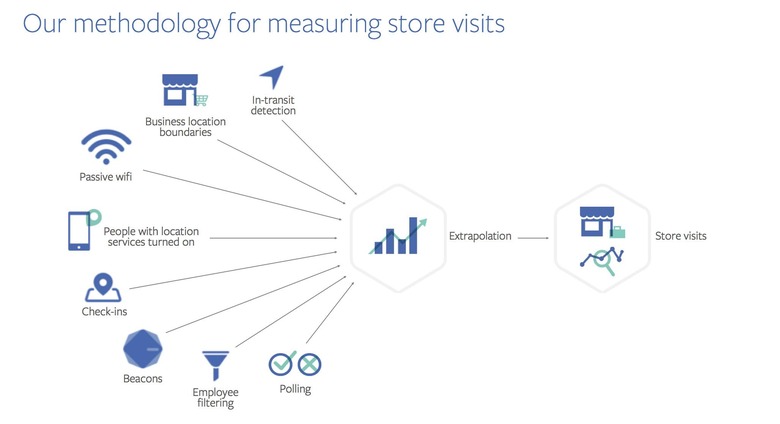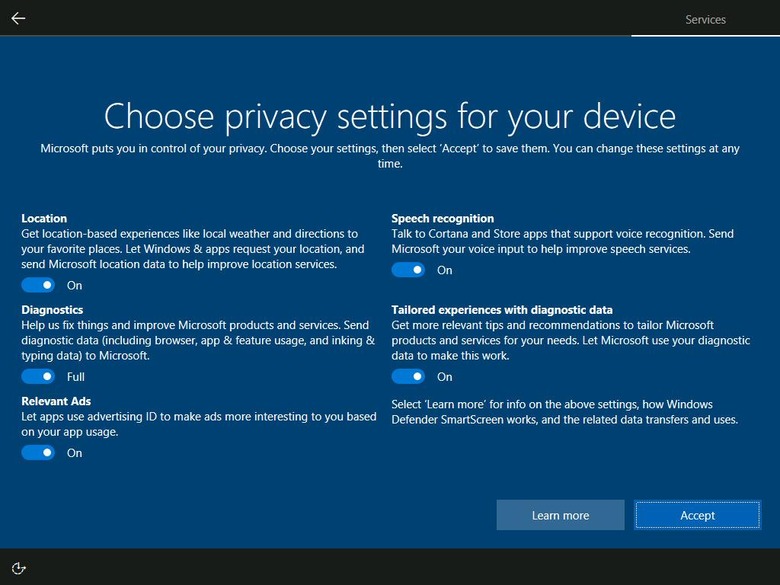Privacy Is The Price Of Free - Data We Are Giving Up Are Too Valuable
You always hear the phrase "there's no such thing as free lunch" to the point that it has become ridiculous and almost unbearable. It doesn't make it not true, especially in this day and age where "free" is used as a marketing strategy, often an effective one at that. There is always a cost, whether it's hidden or not, intended or otherwise. And in the case of almost all free services today, from Facebook to Gmail to even just search, the price you pay for $0 is your privacy.
It's not that there are no completely free, no strings attached services and products being offered, but those still have costs either for the end user or the provider. Free and open source software may require more maintenance or knowledge from users or distributions. Privacy-respecting services like DuckDuckGo Internet search cost their owners hosting and bandwidth. In these cases, owners, developers, and service providers rely on sponsors or generosity to keep things running. Giant companies, the companies who can actually afford to maintain such services, exact a different and more costly price.

You've probably heard it said that you, the user/consumer, are the product, but that's only half-true. The real commodity here is your data. Not even just your name or address or even your password. Those are almost too easy. What companies are more interested in are things like your browsing history, places you've been to, things you've bought, your friends, your friends' friends, and similar data that may be attached to them. In other words, data that say the most about you.
Companies make it painfully clear that they do not expose or share any personally identifiable information, like your name, address, SSN, etc. And to that extent, they really are careful about that, if only because laws require them to be. But we're now at a time when your YouTube habits can be as important as your address, giving companies a better idea of who you are as a person more than any ID card info could.
Facebook's latest "old news" data sharing scandal just proves how important those pieces of your digital life are to companies, especially the tech ones. It matters less that it was experimental or if it really were short-lived (the NYT might object). Just the fact that such a privileged and almost secret partnership between these companies, exchanging users' information with little clarity and even lesser consent, should be enough to raise red flags.

Unfortunately, most of the companies' responses conveyed an attitude that could be summed up as this: "we're only getting the bare minimum to deliver features that users want." They're not lying either, to some extent. Users today have grown so accustomed to the convenient sharing of information and messages across services that they give little to no thought about what must happen to enable that. How would they know that, to tell their friends their fave new album or video, they'd have to tell Facebook it's OK to let this or that other service read their messages or see their friends. Technical details end users shouldn't have to worry about, yes, but privacy details that should worry them as well.
Facebook is once again the whipping boy but it might be too easy to forget that it probably wouldn't be providing these deals if there weren't companies willing to pay big bucks for such access in the first place. While it is definitely in their best interests to keep users happy by delivering such features, they can hardly deny that they also profit from those pieces of data through other means, all in the name of "improving the service".

Unfortunately, we also have ourselves to partly blame for our easygoing approach to free services and the wanton disregard for privacy implications. Like those furry gremlins, Facebook and its friends have become as big and as bold as they are now because we have been careless in feeding them beyond their limits. We have created our own monsters and it will take more than just a few scandals to be truly be rid of them.
